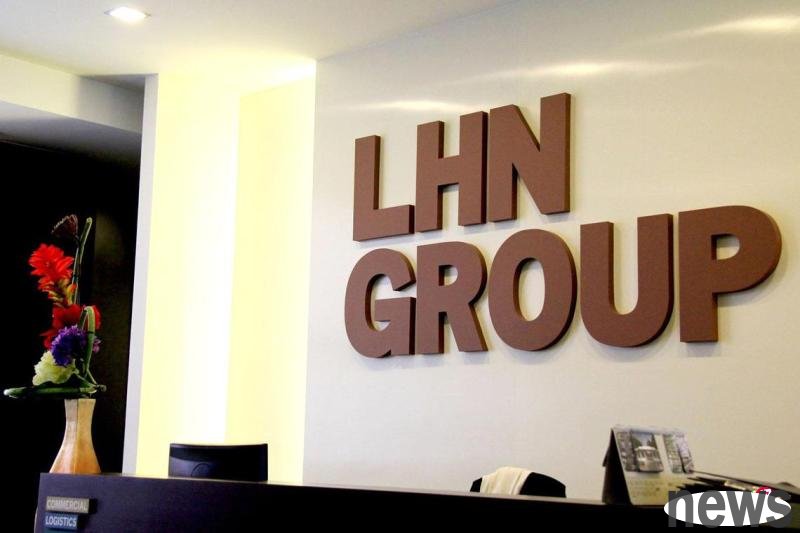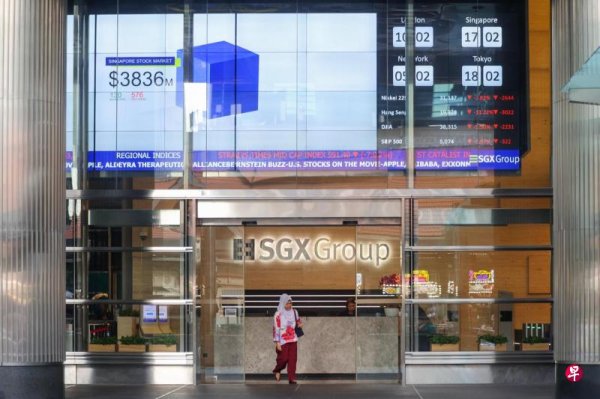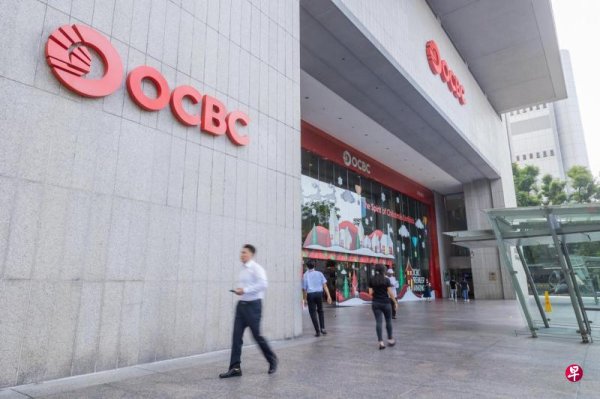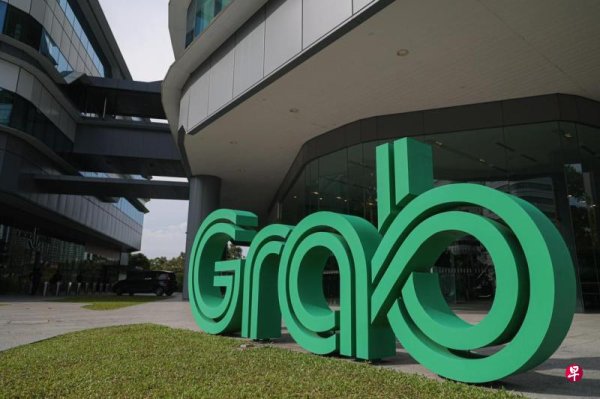Xianneng Group plans to delist from Hong Kong to save costs

Xianneng Group announced late at night on Friday (July 4) that the company's stock trading volume in Hong Kong was low. In the 12 months after its listing in Hong Kong, the average daily trading volume accounted for only 0.31% of the stock trading volume in New Hong Kong, and in the past 12 months, this ratio has dropped to 0.02%. It can be seen that Hong Kong investors have no demand for its stocks, and investors tend to buy, sell and hold stocks on the SGX in the local stock market. Therefore, the company does not have the appropriate opportunity to use the Hong Kong Stock Exchange platform for any post-listing equity financing.
LHN Group, a real estate management service company, announced plans to delist from the Hong Kong stock market, which is due to cost and utility reasons, but it will retain its position as the first listed stock market in Singapore.
In April this year, the SGX main board listed company announced plans to split its subsidiary Coliwoo Group and list on the Singapore Exchange. At that time, global stock markets had fallen sharply due to the reciprocal tariff measures announced by Trump in the United States and the outlook was full of uncertainty. Nowadays, most stock markets in various places have recovered, and the US and Singapore stock markets have even hit new highs.
Therefore, the board members agreed that the delisting plan is in the best interests of shareholders and the company.
On the Singapore Exchange, Xianneng Group's share price fell 0.69% on Friday, closing at 0.715 yuan.
This delisting plan is still in its preliminary stage and needs to be approved by the shareholders of Xianneng Group at the special shareholders' meeting and several conditions must be met, including approval from the Hong Kong Stock Exchange Listing Committee.
The board of directors expects that the delisting plan will not reduce the group's net asset value or earnings per share, nor will it have an adverse impact on the group's business. Instead, the delisting program is expected to save costs for the group.
It also stated that maintaining the listing of the stock on the Hong Kong Stock Exchange has and will continue to incur additional listing and related costs, including but not limited to compliance costs, operational complexity and the time spent in compliance with ongoing regulatory obligations.




